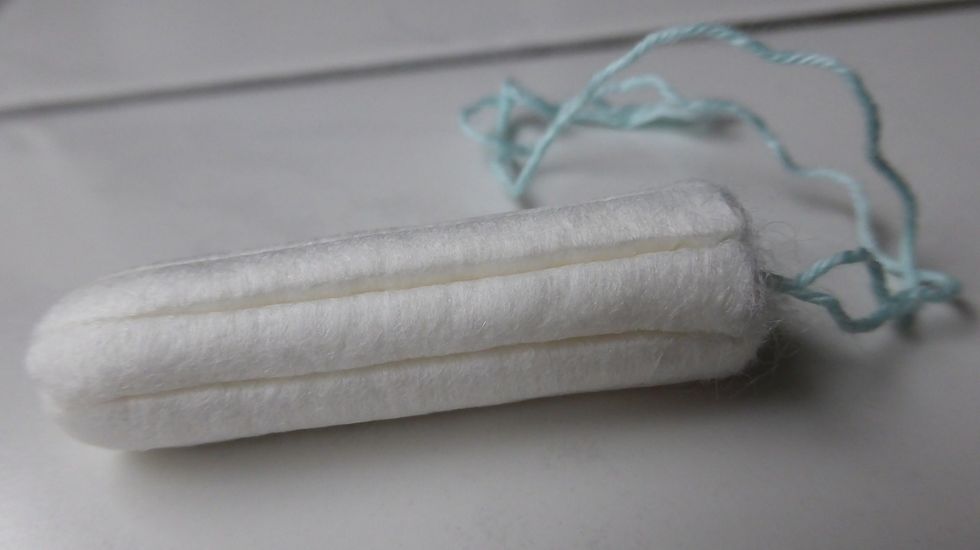Periods are often a very taboo topic and aren't often discussed. In many countries, specifically in South Asia, periods are considered so secretive and odd that women have to be secluded or exiled during their period or cannot participate in daily activities. Men are so often uncomfortable talking about feminine hygiene and the natural process of menstruation, which makes women insecure about their periods and less likely to discuss them openly as a part of their bodies. With periods as this foreign, hidden thing that we don't talk about, it isn't hard to believe that legislatively, it is not considered a natural or need-based process.
The tax code in the United States specifies a sales tax for "luxury items". Non-luxury items usually include food, medical, supplies, agricultural supplies, and sometimes clothing. The list varies from state to state, but items that aren't taxed are those considered to be an item we need rather than want. Tampons don't make this list, meaning they are considered a "luxury" item or something women buy to make their lives easier without necessarily needing. This could not be further from the truth, as women need to have a way to control their bleeding in order to go about their lives. Women cannot bleed freely without staining clothing, furniture, etc. and free bleeding is not acceptable anywhere in modern society.
Arguably, tampons and other sanitary products should be considered a medical item, since they must be replaced every four to six hours or women risk toxic shock syndrome (TSS). Further, menstruation is a medical process that needs to be dealt with in order to live a comfortable life. Women need access to tampons in order to function during their period. Making tampons expensive and only accessible to wealthier women is not only wrong but discriminatory, as it prohibits women who cannot afford period products from getting the schooling and careers that women who can afford them can get.
Women spend nearly $2,000 on tampons in their lifetimes, which is a pretty significant price tag for something that occurs naturally and is out of your control. Further, women spend an average of $11,400 on birth control over their lifetimes, which is the only way to avoid the need to purchase tampons. The one way to avoid having your period costs more than actually having your period, so this is definitely a need for women everywhere.
Only 7 states currently do not tax tampons and 3 of those states have no sales tax at all. We need to put force behind legislation that eradicates the tampon tax in every state because it is simply immoral. Society has made menstruation, and as an extension simply being a woman, a degrading act. Girls hide their tampons at the store and go home from school because of stains. Making women literally pay for something that the public faults them for makes periods even more embarrassing. We need to get rid of the stigma surrounding periods and being female, which will only happen when we stop putting a price tag on menstruation.

















